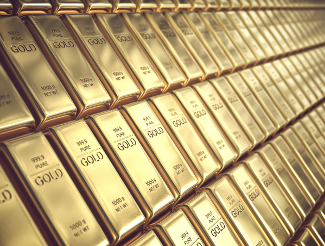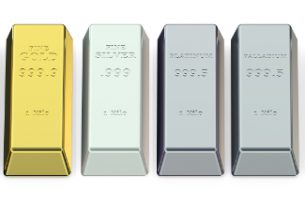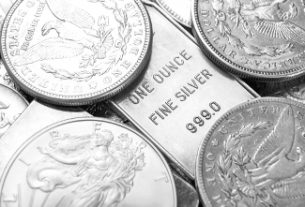Gold has been almost universally derided by governments in recent decades. Finally freed from the strictures of the gold standard, central banks and governments around the world have done their best to propagandize their people that gold is nothing more than a “barbarous relic.” For a while it seemed to be working, with gold prices trading in a narrow range for years. Many central banks even began to believe their own propaganda, selling off significant amounts of their holdings when gold had bottomed out in price. But now that gold has rebounded, central banks have once again become buyers of gold, particularly Russia, India, Turkey, China, and other non-Western nations. What do they know about gold that is causing them to buy?
Throughout my years in Congress I made it a point to regularly ask Federal Reserve chairmen about gold. In particular, I remember asking Chairman Bernanke why the Fed continued to hold gold as an asset. His answer? “It’s tradition.” Yet it’s not just tradition that causes the US government to hold the world’s largest gold reserves and other nations to continue buying gold.
Governments know that gold is the ultimate store of wealth. When fiat currencies are hyperinflated and devalued, gold asserts itself as the currency of choice. We’re currently in the middle of a nearly 50-year experiment in a global floating fiat currency standard and things aren’t going too well.
Whereas consumers in the 19th century could have expected prices to be roughly constant over the course of the century, or even lower towards the end of the century as industrial production increased, consumers in the 20th and 21st centuries have seen prices skyrocket. According to the government’s own statistics, $1 in 1913 would have had the same purchasing power as over $25 today. That’s over a 96% reduction in the dollar’s purchasing power.
Compare the dollar against gold and you’ll see that the dollar has lost 97% of its value compared to gold just since the closing of the gold window in 1971. That’s a pretty astounding figure, but not surprising to those who keep tabs on central banks and their money printing.
The rest of the world understands that the Federal Reserve is a one-trick pony, that its policy response to everything is just to create more money. They realize that holding dollars or dollar-denominated Treasury debt as assets is foolish, as those assets will continue to decline in value as the Fed creates more money. That’s why they’re turning to gold, seeking to break their reliance on the dollar and to position themselves well for the dollar’s ultimate collapse.
Investors in the US would do well to heed the warning signs that foreign central bank gold purchases are broadcasting. American investors too can benefit from investing in gold, using tools such as gold IRAs to protect their existing retirement assets and safeguard themselves from the effects of a market crash. Gold has served as the ultimate protection against financial crisis for centuries and will continue to do so well into the future.
This article was originally posted on Goldco.





